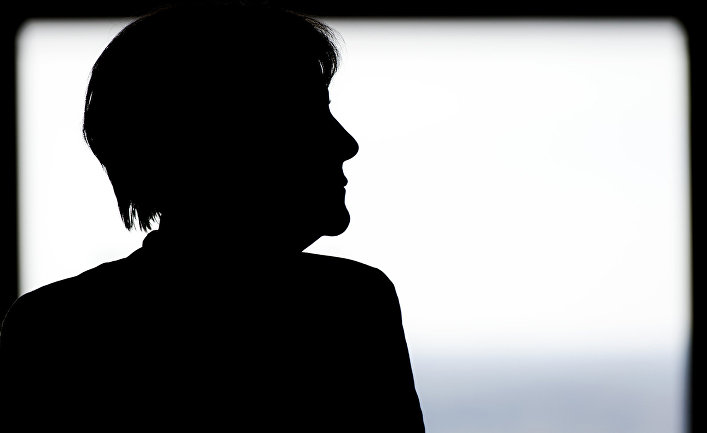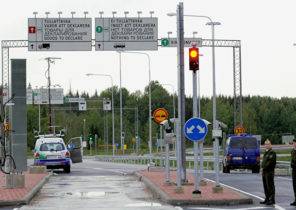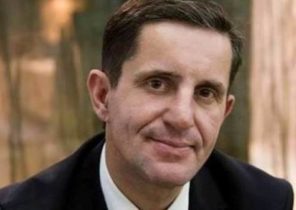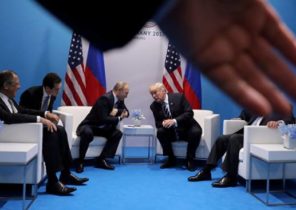
London/Berlin — the Presence of a serious rival to the German Chancellor Angela Merkel in the upcoming elections is forcing global investors to consider the possibility of unexpected outcome of the vote, is fraught with the disappearance of one of the main political constants that have prevailed in the years of turbulence in the Eurozone, but also promising an end to austerity in Europe.
The nomination of Martin Schulz of the Social democratic party of Germany (SPD) candidate in the September elections increased the intensity of the struggle, and the center-left party of the cherished hopes of the offset of the current Chancellor.
Schultz is still lagging behind Merkel, but the polls indicate that the advantage of the Chancellor is shrinking daily. One of the studies, released on Thursday, pointed to a gap only six percentage points between the Christian democratic Union of Germany (CDU) Merkel and the SPD, while in full-time combat Schulz confident leader.
This is a worrying prospect for some investors, who are accustomed to Merkel, a firm hand shake from handling the European crisis, resulting in assets from German stocks to husbandmy Portugal, showed three-digit growth.
Just a few weeks ago Larry Fink, the head of the world’s largest investment company BlackRock, praised “Chancellor Merkel and Germany, who took over the moral leadership in the face of rising disputes in the world,” and expressed hope for the continuation of the current situation.
However, Schulz, former European Parliament President, intends to shake up the situation.
Schultz, who witnessed the weakening of his party as a Junior partner of the so-called Grand coalition with the conservative Union Merkel, promises to fight for more equitable tax laws, raising salaries, improving education and overcoming the “deep contradictions” that have led to the growth of populism.
Financial markets will take it as a hint of weakening of budget constraints. This is not a problem for large economies with high surpluses, which probably will have a positive impact on European equities but less positive for husbando if will fuel inflation.
One of the lessons that investors have learned from 2016, was the fact that the political turmoil after the victory of Donald trump in the presidential election in the United States and the decision of Britain to leave the European Union has not led to the collapse of the markets. This is partly due to the forefront of stimulating the growth of fiscal policy and a shift away from excessive dependence on monetary policy has reached the limit of their capabilities.
Changes in Germany could also mitigate the international discontent associated with budget and trade surplus of the country, which last week was again in the spotlight after trading Advisor trump said that the Euro is a “hidden German brand”, low cost which gives Berlin an advantage in relation to United States and EU partners.
Another question for global investors is what happens to solid position Wolfgang schäuble in respect of financial assistance to Greece in case of resignation of the long head of the Ministry of Finance of Germany.
Investors will want to know whether Schultz to end the austerity regime in Europe and to oppose quantitative easing program of the ECB and negative interest rates that worsen the situation of the German investors.
“If you read between the lines, the Merkel administration has provided serious support to the actions of the ECB,” said Tim Barker of Old Mutual Global Investors.
“Whether this support when it is lacking in power? We don’t know the answer.”
The “European DNA”
Schultz, not surprisingly, a supporter of a unified Europe.
Greek, Italian, Spanish and Portuguese husbandy this year show dynamics worse the market amid worries around the policy of the ECB and increasing dissatisfaction with the single currency in several countries, including France. However, Tillmann Haller of JP Morgan said that, given the “European DNA political career,” Schultz, he can become the antidote to such sentiments.
In the case of increasing Germany’s costs are also possible fluctuations in the Euro. The authorities of the country many years, under international pressure, including from the IMF and the Organization for economic cooperation and development (OECD), calling for the strengthening of domestic demand in order to balance the export. Last year the trade surplus of Germany reached a record level of nearly a quarter trillion euros ($264,10 billion).
However, despite the optimism of the SPD, the chances of Schultz’s victory over Merkel is still considered low.
Although polls indicate equal or even an advantage Schultz, they don’t carry much weight, since Germany is not a presidential form of government.
A more meaningful indicator of the popularity of the parties — points to the leadership of the conservative Merkel, who earn 34 percent of the vote, according to polls, while the SPD Schultz — 28 percent.
This means that Schultz will need to merge with two smaller players — green parties and left-wing.
The prospect of the left Alliance, though far, has worried some conservatives.
“It will jeopardise what we have achieved,” said Michael Frazier, an MP from the Christian social Union, the conservative allies of Merkel in Bavaria.
For market participants the reason for caution is any uncertainty.
UBS analysts predict the Euro at $1,20 12 months, when the dust settles, although in the case of the victory of Schulz the possible variations.
“It will be a huge shock to markets and the political structure of the Eurozone,” he said Sassan Hamrani, head of the U.S.-based SGH Macro Advisors, a consultant on international trade.







